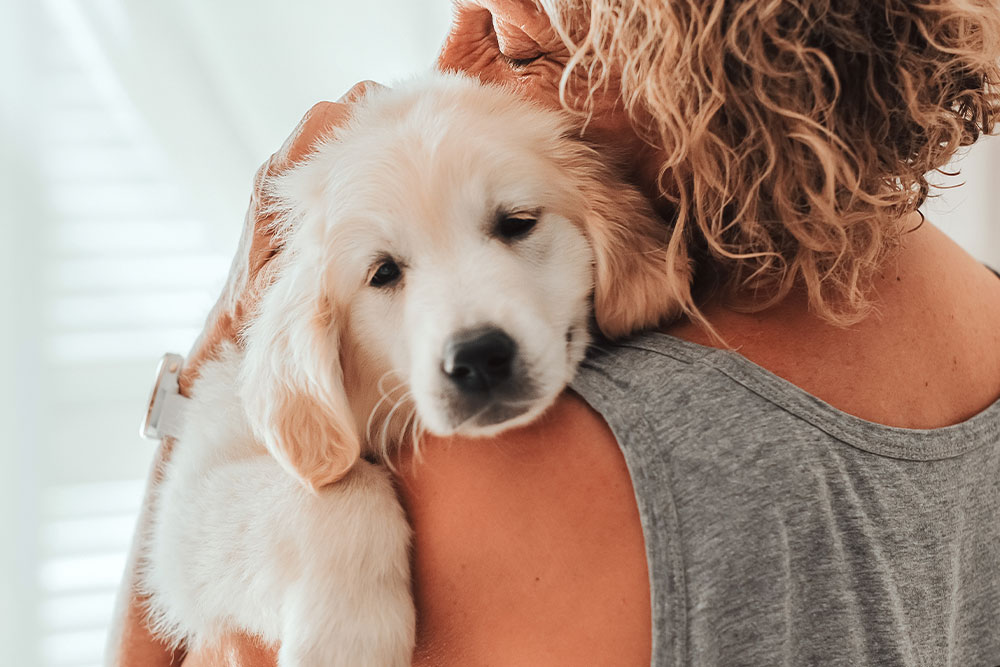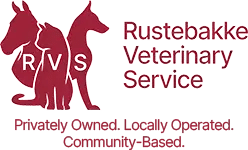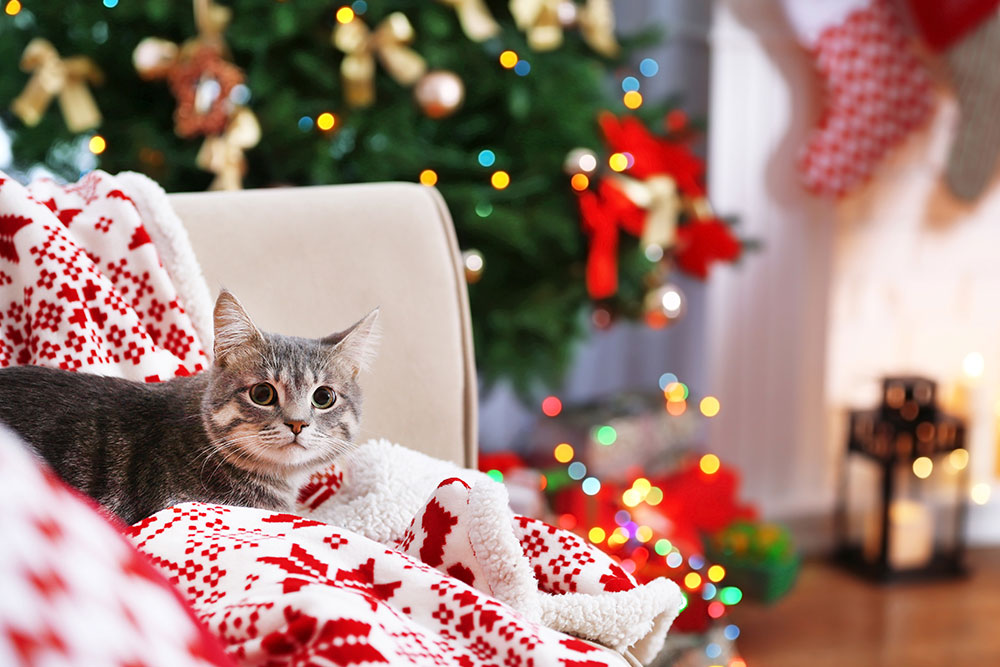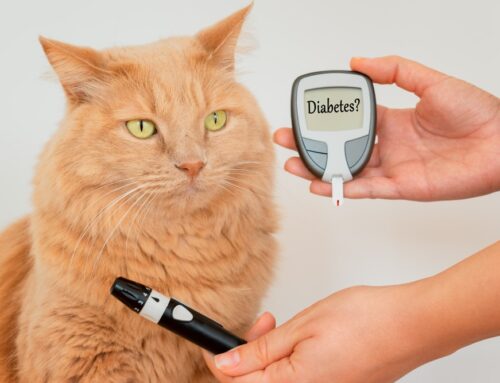Holiday Safety Tips for Pets
The holiday season is a time of joy and celebration, with families coming together and homes adorned with festive decorations. However, this time of year can also present unique hazards to our animal friends. In this comprehensive guide, we dive deeper into the potential dangers that the holiday season poses to pets, offering detailed insights from both a pet owner’s and a veterinarian’s perspective. By understanding the risks, symptoms, and preventive measures, you can help ensure that your holiday remains a joyous occasion for every member of your family, including the four-legged ones.
Common Holiday Hazards for Pets
Toxic Foods and Plants
During the festive season, homes are often filled with treats and plants that are toxic to pets. Chocolates, which contain theobromine and caffeine, can lead to severe medical issues such as heart arrhythmias, muscle tremors, or seizures if ingested by dogs or cats. The severity of symptoms depends on the type and amount of chocolate consumed, as well as the size of the animal.
Similarly, holiday plants like poinsettias, mistletoe, and holly are common decorations but pose significant risks if ingested. Poinsettias can cause mild irritation to the mouth and stomach, leading to vomiting. Mistletoe and holly can result in more serious symptoms such as gastrointestinal upset and cardiovascular problems.
Decorations and Electrical Hazards
Tinsel, ornaments, and electrical cords are not only beautiful to humans, but also enticing to curious pets. Ingesting tinsel can lead to intestinal blockages, which may require surgical intervention. Chewing on electrical cords can result in electrical burns, shocks, or even fires, posing immediate danger to both pets and the household. To prevent these accidents, use pet-safe decorations and secure electrical cords with protectors.
Emergency Situations
An emergency situation involving your pet during the holidays can manifest in various ways. Signs of chocolate poisoning, for instance, can develop within 6-12 hours and include vomiting, diarrhea, hyperactivity, increased thirst, and seizures.
If you suspect your pet has ingested something harmful, it is crucial to seek veterinary care immediately. Our team at Rustebakke Veterinary Service is equipped to handle such emergencies with a range of services, including surgery and diagnostics. Keep our contact information handy at all times.
Symptoms to Watch For
Watch for symptoms such as vomiting, diarrhea, lethargy, or behavioral changes, which could indicate that your pet has ingested something harmful. Additional symptoms may include drooling, difficulty breathing, or excessive thirst, depending on the substance ingested. Close monitoring during holiday gatherings is essential, as the bustle of visitors and festive foods can easily lead to accidents.

Tips for Pet Owners: Prevention and Home Management
You can create a secure, enjoyable environment for your pet without sacrificing the seasonal cheer. These simple steps will help you focus on the joy of the holidays, knowing your pet is happy and safe.
1. Food Safety: Preventing Toxic Encounters
- Keep Dangerous Foods Away: Many festive foods are harmful to pets. Chocolate, alcohol, grapes, raisins, xylitol (found in sugar-free products), onions, and garlic are toxic. Store these out of reach in secure containers.
- Educate Guests: Politely inform visitors not to share table scraps with your pet, no matter how persuasive those big, soulful eyes may be.
- Dispose of Leftovers Securely: Make sure trash bins are secure and inaccessible to curious pets. Dispose of bones, fatty scraps, and food wrappings responsibly.
2. Decoration Safety: Tinsel to Tree Precautions
- Pet-Proof Your Tree: Anchor your Christmas tree securely to prevent toppling. Avoid using fragile glass ornaments, edible decorations, or tinsel, which can cause severe intestinal blockages if ingested.
- Shield Lights and Cords: Hide or cover electrical cords to prevent pets from chewing and risking electric shock. Use cord protectors or deterrent sprays as needed.
- Skip Dangerous Additives: If using a real tree, avoid using water additives like preservatives or aspirin in the tree stand, which can be toxic if pets drink the water.
- Use Flameless Candles: Real candles pose fire and burn hazards if knocked over. Opt for battery-operated flameless candles in pet-accessible areas.
3. Behavioral Wellness: Minimizing Stress
- Provide a Safe Space: Set up a quiet, secure retreat for your pet equipped with their favorite bed, toys, and access to fresh water. This space can help them relax when the festivities become overwhelming.
- Maintain a Routine: Stick to your pet’s regular schedule for feeding, walks, and playtime to provide a sense of stability amid the holiday excitement.
- Enrich with Toys: Offer enrichment activities such as puzzle feeders or chew toys to keep pets entertained and less inclined to investigate decorations or gifts.
4. Visitor Awareness: Navigating Busy Doorways
- Pet-Safe Greetings: Ensure your pet is secure when visitors arrive and leave, as an open door can be an invitation for a quick escape.
- ID Tags and Microchips: Double-check that your pet’s identification tags and microchip information are up to date in case they wander off during the commotion.
- Practice Management: For pets that are nervous around strangers, consider crating them or using a leash to manage interactions.
5. Gift-Giving Smarts: Safe Surprises for Pets
- Inspect Pet Toys: Choose toys that are safe for your pet’s size and chewing habits. Avoid toys with small parts that could pose choking hazards.
- Wrap Wisely: Keep gift wrap, ribbons, and bows away from pets to prevent ingestion and blockages.
- Supervise New Items: If gifting your pet something new, supervise them while they enjoy it to ensure there are no unexpected safety risks.
6. General Home Safety: Proactive Measures for All Areas
- Secure Hazardous Items: Keep chemicals, medications, and household cleaners out of reach. Ensure poinsettias, holly, mistletoe, and lilies—common holiday plants that are toxic to pets—are inaccessible.
- Supervise Outdoor Activities: If your festivities involve outdoor time, ensure fences and gates are secure. Remove any hazardous items from your yard, such as ice-melting chemicals or fire pits.
- Prepare for Emergencies: Keep emergency numbers handy, including your veterinarian and the ASPCA Animal Poison Control Center at (888) 426-4435.
Importance of Veterinary Care During the Holidays
At Rustebakke Veterinary Service, we offer essential services such as surgery and diagnostics to address emergency situations swiftly and effectively. Regular dental care can also prevent complications that might be exacerbated by holiday hazards. Reach out to our team right away if your pet is experiencing an emergency so that we can advise you on the best next steps.
How Rustebakke Veterinary Service Can Help
Ensuring the safety of your pets during the holiday season requires vigilance and preparation. For more tips on holiday pet safety, explore resources from the AVMA and ASPCA. If you have concerns or need assistance, don’t hesitate to contact us. Let’s make this holiday season safe and enjoyable for everyone!








Leave A Comment